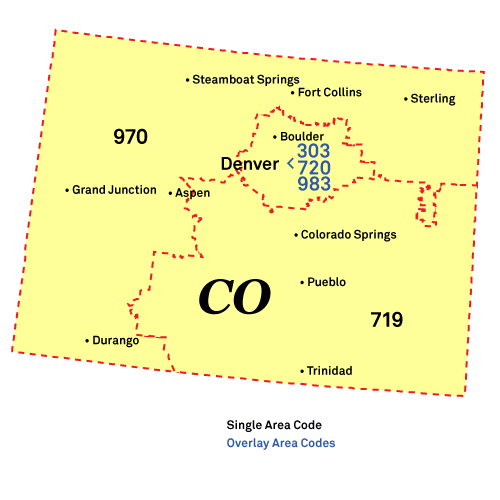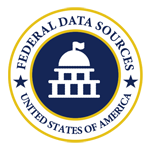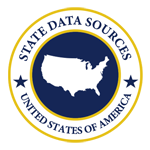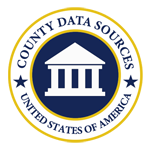Reverse Phone Lookup Colorado
Colorado filed over 41,000 Do Not Call complaints with the FTC. Callers spoofing 303 and 720 Denver numbers frequently pose as sheriff's deputies claiming there is a warrant out for missing jury duty, while numbers from 970 Fort Collins are increasingly used for Xcel Energy shutoff threats. Before paying a sudden fine or utility bill, take a breath and run that number through the reverse phone lookup tool above. It might be all you need to confirm it's a scam.
Scam and Spam Phone Number Lookup
Scammers are targeting Colorado homeowners with terrifying jury duty warrants and utility shutoff hoaxes to extract immediate payments. Protect your peace of mind by confirming if this is a known fraud ring before you panic.
Phone Scams in Colorado
Residents often report IRS arrest warrants, Utility shutoff threats, and fake legal action.
| Area Code |
Unique Reported Scams |
| 303 |
Fake FedEx scams, Aggressive business scams |
| 720 |
Jury duty warrant scams, Tax lien scams |
| 970 |
Colorado solar scams, Business supply scams, Fake job texts |
In 2024, Colorado residents reported 44,945 fraud cases resulting in total losses of $210,727,907, with a median loss of $500 per victim. Received a fraudulent call or lost money to a phone scam? Report fraud or scam:
Spam Calls from Colorado
In 2024, Colorado residents filed 41,173 unwanted call complaints with the FTC, of which 21,841 were robocalls and 15,876 involved live callers. The most reported complaint topics were imposters (4,409), reducing debt (4,149), medical and prescriptions (2,244).
To reduce spam calls, register all your phone numbers at National Do Not Call Registry (donotcall.gov or call 1-888-382-1222 from the number you want to protect).
Colorado Do Not Call List
Colorado ranks among the states with persistent telemarketing problems, but it also has its own No-Call List to fight back. You can add your number for free at ColoradoNoCall.com or by calling 800-309-7041. The state recommends registering on both the Colorado and federal lists for full protection.
Reverse Phone Lookup by Area Code
303 and 720 overlap throughout Denver, 719 serves Colorado Springs and the south, while 970 covers mountains and northern regions. The table below breaks down which codes serve which cities. When an unfamiliar Colorado number calls, don 't guess based on the area code. Use our phone lookup tool to learn who owns it.

| Area Code |
Cities |
|
303
|
Denver, Aurora, Lakewood, Thornton, Arvada, Westminster, Centennial |
|
719
|
Colorado Springs, Pueblo, Security-Widefield |
|
720
|
Denver, Aurora, Lakewood, Thornton, Arvada, Westminster, Centennial |
|
748
|
|
|
970
|
Fort Collins, Greeley, Loveland |
|
983
|
Denver, Aurora, Lakewood, Thornton, Arvada, Westminster, Centennial |
Important: Area codes do not guarantee the caller's current location. Colorado allows number portability, and scammers often use "neighbor spoofing" to make calls appear local.
Reverse Phone Directory Colorado
Browse our reverse phone directory by selecting a city below:
Is Reverse Phone Lookup Legal in Colorado?
Yes, reverse phone lookup is legal in Colorado for personal use like caller identification and fraud prevention. Just remember that federal FCRA laws prohibit using lookup data for employment decisions, tenant approvals, or credit assessments.
FAQs
How to opt out of phone number lookup services in Colorado?
Under the Colorado Privacy Act (CPA), you have the right to delete your personal information and opt out of its sale. Visit each reverse lookup site and submit a deletion request through their opt-out page.
How to confirm a Colorado business caller is real?
Getting a business name from a phone lookup is helpful, but verification is key. With over 181,963 business establishments in Colorado according to Census data, confirming the company through the Colorado Business Database is the safest approach.
What types of phone numbers are in Colorado?
Colorado has about 6.6 million mobile subscriptions compared to 1.2 million VoIP lines and 360,000 landlines. Mobile and VoIP together make up over 95% of all phone numbers.




